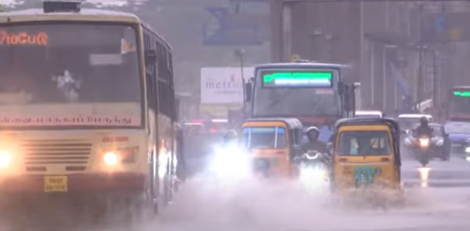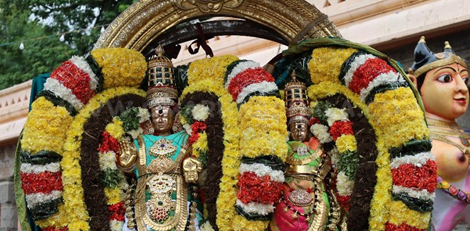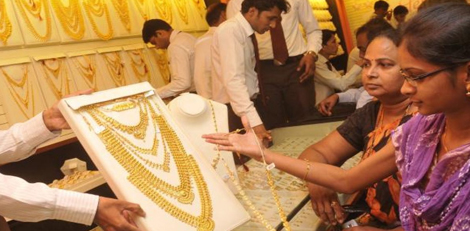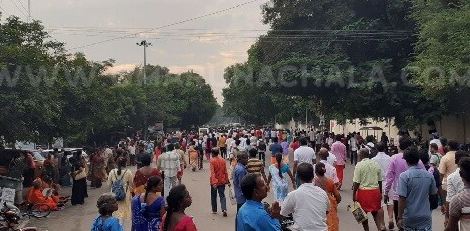Curfew echo: Internet, the main source for communication: Companies, governments prepare for Internet spike!
Posted on: 26/Mar/2020 12:06:01 PM
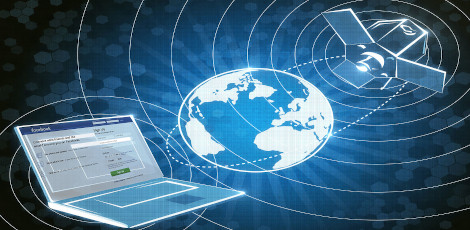
With the curfew imposed and all travel means cut off, the employees asked to work from home, etc., internet access has become the major recourse/resource for communication!
The country’s Internet bandwidth is being tested in the nationwide lockdown. From government data center operations to Silicon Valley companies, measures are in place to adjust to the changing landscape.
Removing certain viewing options:
As such, the “digital industry”, stakeholders met on March 24 to “ensure the robustness of the cellular network” by either defaulting mobile videos to standard definition, such as in the case of YouTube, or removing high definition viewing options altogether, which Star India and TikTok have done. Other companies that have signed the agreement are Sony, Facebook, Viacom18, Amazon Prime Video, Zee, Netflix, MX Player and Hotstar.
Feedback from the internet usage:
Extreme IX:
According to data from the Internet exchanges, Internet traffic has been on the rise. For example, one exchange, Extreme IX, began seeing a slight uptick from a little over 600 gbps to almost 700 gbps on March 16.
Traffic on the exchange recently peaked at over 800 gbps on March 23. These ‘Internet exchange points’ (IEP) is the physical point where Internet service providers and content providers exchange traffic between their networks.
The National Informatics Center:
The National Informatics Center (NIC) has also enabled a Virtual Private Network (VPN) to allow government officials to access the e-filing system from their homes. The NIC has also seen an uptick of government officials using video-conferencing to replace physical meetings. Prime Minister Narendra Modi has recently held numerous video calls with stakeholders across the country and will participate in a G-20 video conference today.
Facebook:
Facebook announced that it reduced the bit rates for videos on both Facebook and Instagram in India, Europe and Latin America. A video bit-rate is a measurement of the speed of uploading and downloading online.
Facebook stated:
“The usage growth from COVID-19 is unprecedented across the industry, and we are experiencing new records in usage almost every day. In many of the countries hit hardest by the virus, total messaging has increased more than 50% over the last month. Similarly, in places hit hardest by the virus, voice and video calling have more than doubled on Messenger and WhatsApp.”
Other efforts
On March 21, Cellular Operators Association of India (COAI) requested the Telecom Regulatory Authority of India to allow operators to waive charges for certain websites and telephone numbers offering information related to COVID-19, including Ministerial and World Health Organization websites.
This concept, also known as ‘zero-rating’, has come under significant controversy in India in the past, most notably in the net neutrality debate against Facebook’s “free” internet service.
Last week, Kerala’s IT Department met with Internet service providers such as Reliance Jio and Airtel to reroute data traffic to withstand a 40 percent increase in usage.


